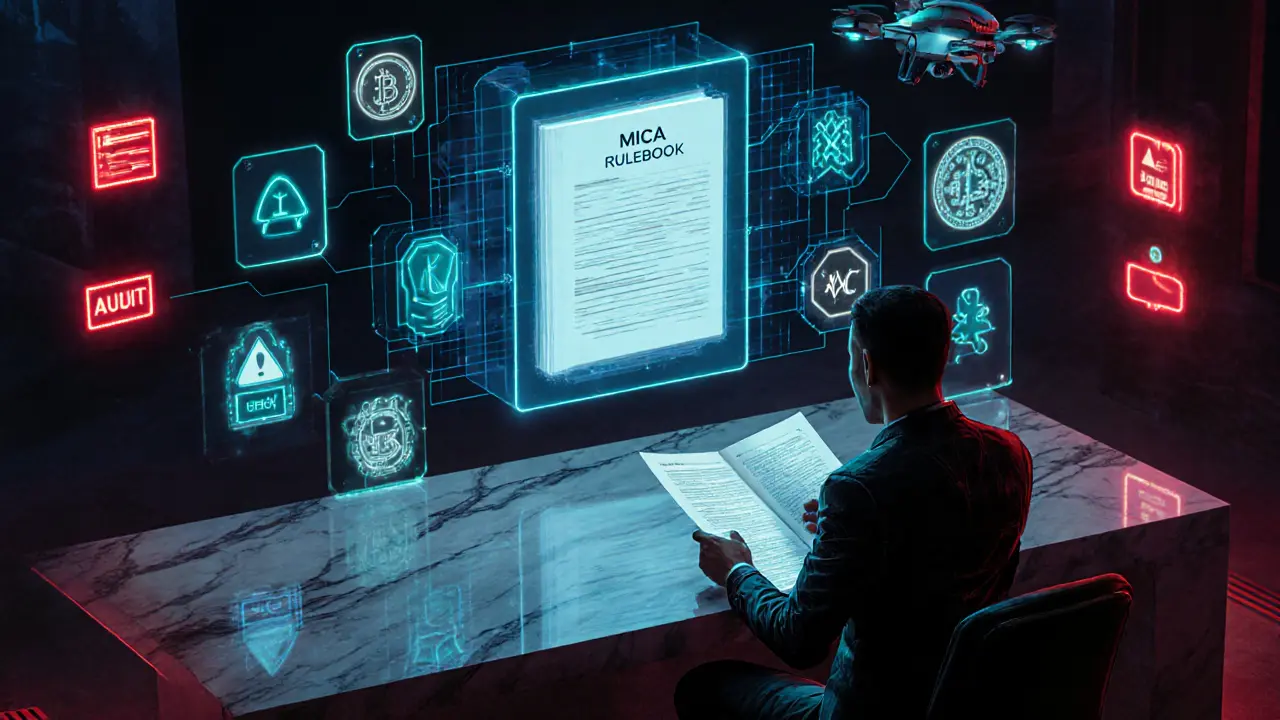Malta's MFSA crypto rules under MiCA are among Europe's strictest and most advanced. Learn licensing requirements, fees, whitepaper rules, and how to stay compliant in 2025.
Malta Crypto Regulations: What You Need to Know in 2025
When it comes to Malta crypto regulations, a comprehensive legal framework for virtual financial assets established by the Malta Virtual Financial Assets Act (VFA Act) in 2018. Also known as Malta’s crypto law, it was one of the first national systems to define blockchain companies as legal entities—not just risky startups. This made Malta a magnet for crypto firms looking for clarity instead of guesswork.
Unlike countries that banned crypto or left it in legal gray zones, Malta built rules around VFA Act, the law that classifies tokens as utility, asset, or payment tokens, and requires firms to register with the Malta Financial Services Authority (MFSA). This means if a company offers a token, runs a DEX, or operates a crypto exchange in Malta, it must pass audits, prove anti-money laundering controls, and submit ongoing reports. The MFSA, Malta’s financial watchdog that issues licenses and monitors compliance for crypto businesses doesn’t just approve applications—it checks their tech, team, and transparency. That’s why firms like Binance, OKX, and KuCoin set up European HQs here, not because taxes are low, but because they know what’s expected.
But it’s not all smooth sailing. The crypto licensing Malta, the process where firms apply for a VFA license and undergo strict due diligence before operating takes months, costs tens of thousands, and requires local presence. Many smaller projects skip it entirely and operate offshore, which is legal—but risky. Malta doesn’t tolerate shady behavior. In 2023, the MFSA shut down a crypto firm for falsifying client data. Since then, the rules have tightened even more. Now, firms must prove they have real offices, real staff, and real oversight. If you’re a trader, this means your exchange is more likely to be legit. If you’re a business, it means you need to plan ahead.
What’s interesting is how Malta’s rules affect everyday users. There’s no personal crypto tax in Malta—only corporate taxes on businesses. That’s why many crypto investors live there: they trade freely without reporting every small gain. But if you run a business, you’re not invisible. The government tracks you, audits you, and expects you to play by the rules. This balance—strict for firms, relaxed for individuals—is why Malta still stands out in 2025. Other countries talk about regulation. Malta actually built it.
Below, you’ll find real examples of how crypto projects have navigated these rules, what went wrong, and which platforms still work under Malta’s system. No fluff. Just facts from the trenches.

